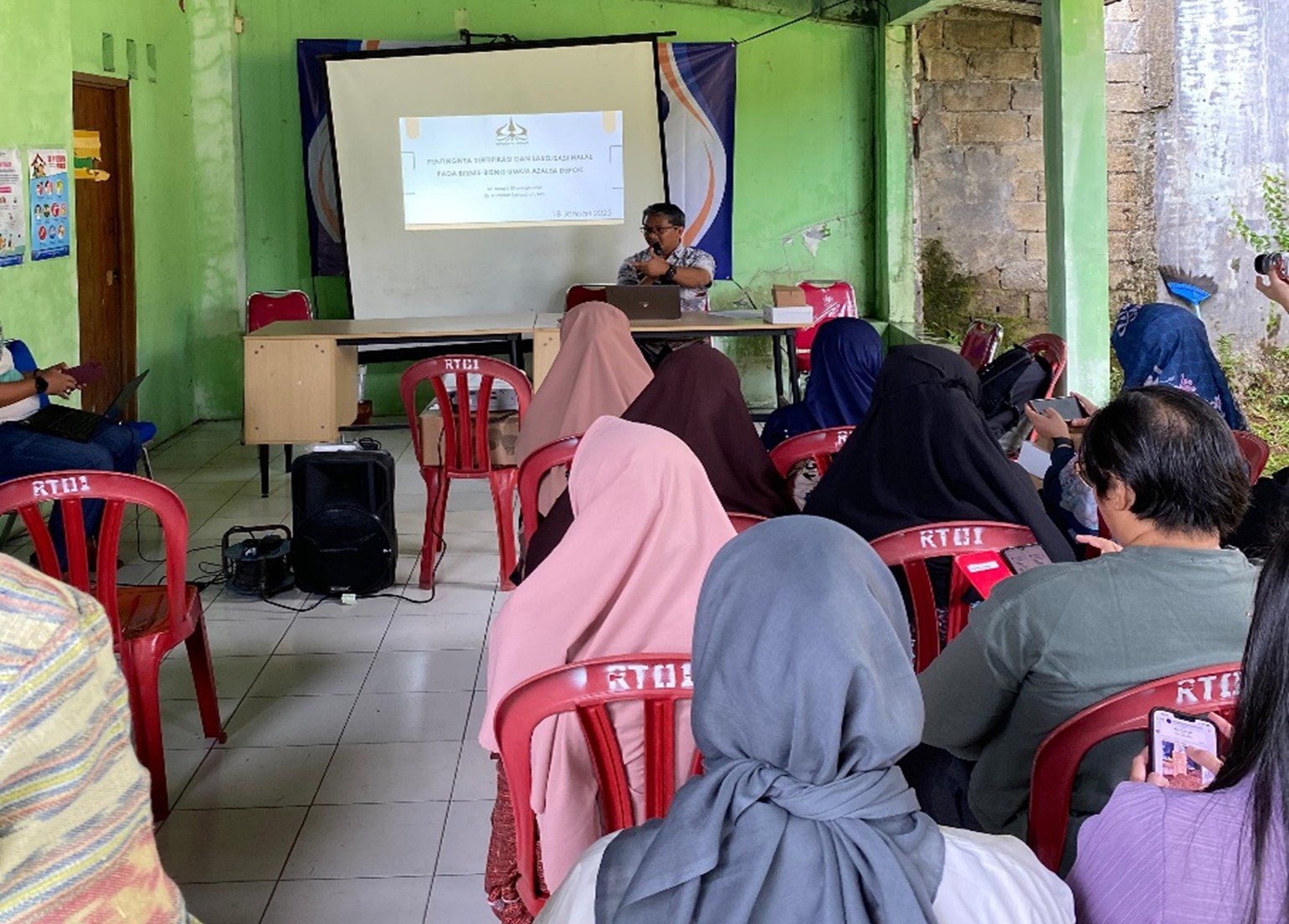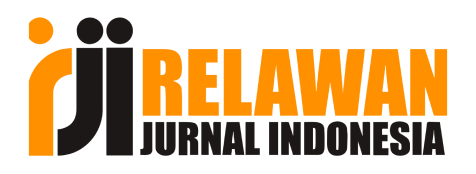Pentingnya Sertifikasi dan Labelisasi Halal pada Bisnis UMKM
Abstract
Micro, Small, and Medium Enterprises (MSMEs) in Indonesia face challenges in building consumer trust and expanding market access. Halal certification and labeling serve as strategic tools to enhance competitiveness, especially in predominantly Muslim markets. This community engagement program aimed to improve the understanding of Azalea Depok MSMEs regarding the procedures, benefits, and economic impact of halal certification. Through an interactive workshop, participants were introduced to relevant regulations, certification stages, and halal standards set by the Indonesian Ulema Council (MUI). The findings indicate that most business owners had limited knowledge of the certification process and encountered technical and administrative barriers, such as the absence of legal business documents and unfamiliarity with the SiHalal online system. Nevertheless, participants demonstrated high enthusiasm, particularly following a practical simulation session. Key success indicators of this activity included improved participant comprehension, emerging self-initiatives to begin certification, and requests for follow-up technical assistance. Overall, the program successfully increased awareness and readiness among MSME participants, emphasizing the importance of ongoing support and policy alignment. Halal certification has proven to be not only a legal obligation but also a strategic instrument for market expansion, brand differentiation, and business sustainability.
Downloads

Copyright (c) 2025 Nuraini Chaniago, Rachmat Ramadhan, Azizah Amelia Eka Susanti, Rizka Agustina

This work is licensed under a Creative Commons Attribution 4.0 International License.











